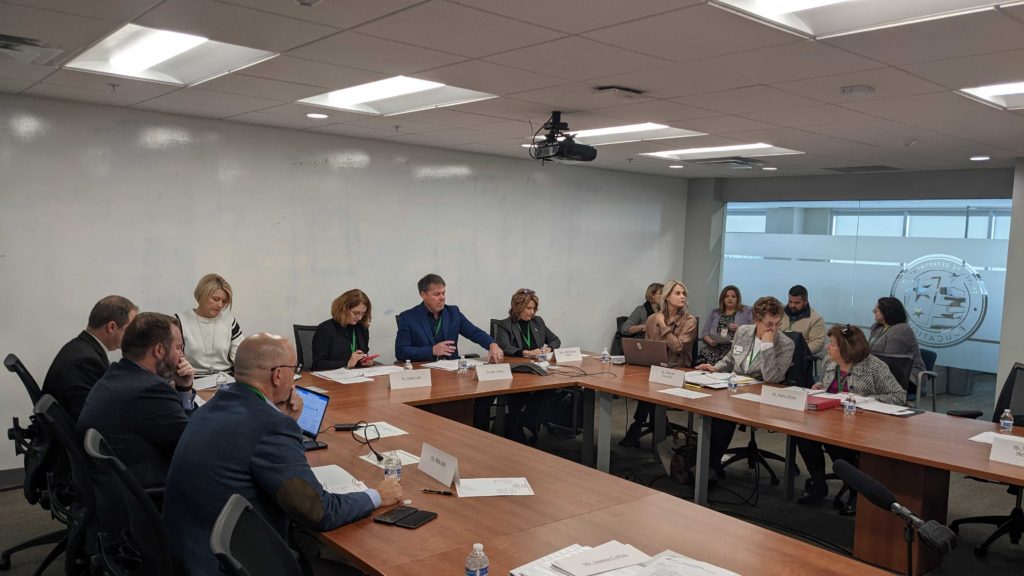
A controversial new law gave Tennessee’s textbook commission more power over school library materials. But their first action item about libraries isn’t a hard-and-fast rule, and largely reinforces what schools are already doing.
The Tennessee Textbook and Instructional Materials Quality Commission is a 13-member body, most of whom are appointed by the governor, lieutenant governor or house speaker. Currently, one position, set aside for a librarian, is vacant.
The commission isn’t mandating what counts as “age-appropriate.” Instead, commission chair Linda Cash said they will advise districts on how to handle book challenges at the local level.
“Our job is just to give guidance. It’s not to be a stop point. It’s just guidance,” Cash said.
That guidance will likely mirror many schools’ current policies. Schools across Tennessee often form review committees when books are challenged and make a call after reading the material from front to back.
For now, the commission is asking the Department of Education to put together guidance that aligns with Tennessee law and sets a suggested timeline for review committees. They’re scheduled to vote on that guidance during a virtual meeting Dec. 2. That’s one day past the deadline outlined in the law.
Commission member Laurie Cardoza-Moore, who’s advocated to remove “far-left indoctrination” from Tennessee public schools, suggested that the body ought to define what makes materials age-appropriate. She raised concerns about mature themes and vulgar language. But state Sen. Mike Bell, R-Riceville, who also sits on the commission, pushed back on that.
“The legislation says ‘issue guidance.’ It doesn’t say ‘define’ what materials are appropriate,” Bell said.
But as soon as next year, the state-appointed commission could be making more direct decisions about whether certain books belong in schools and who should be allowed to read them. They’ll create a process for people to appeal local decisions on book bans directly to commissioners.
Still, Cash said that she hopes most book challenges will get resolved locally. She said schools and parents tend to have a collegial relationship where it’s easier to work things out.
“Over time — and I’ve been in the business a long time — very few things have not been settled at the district level,” Cash said.

